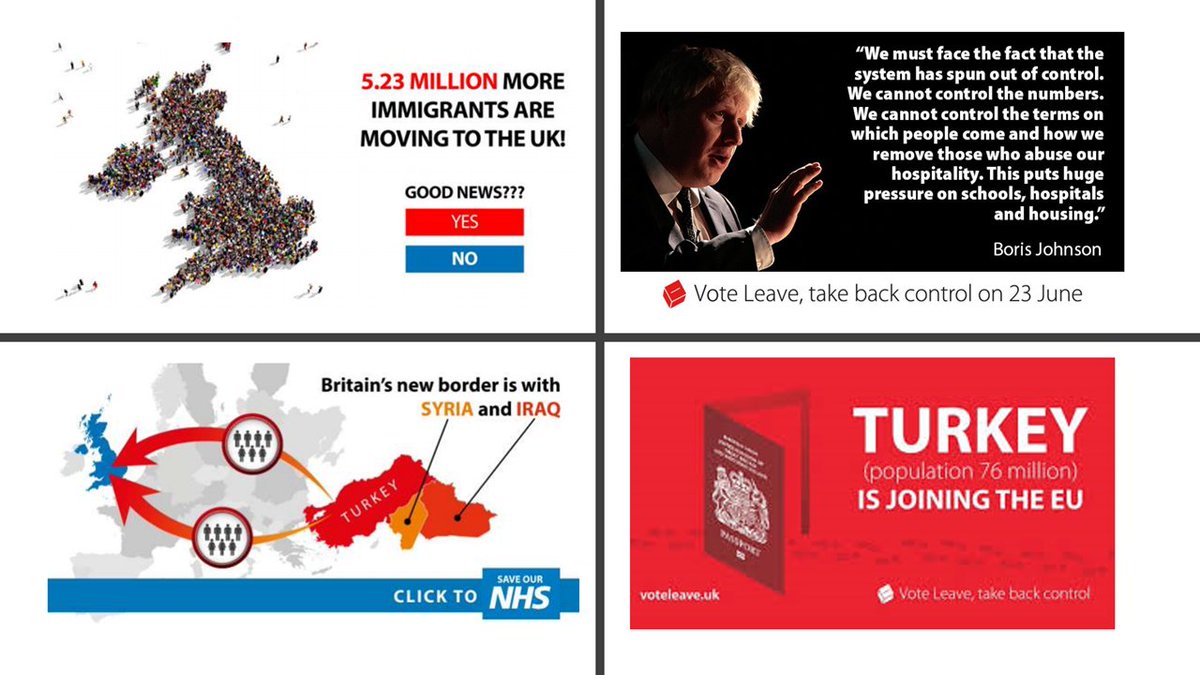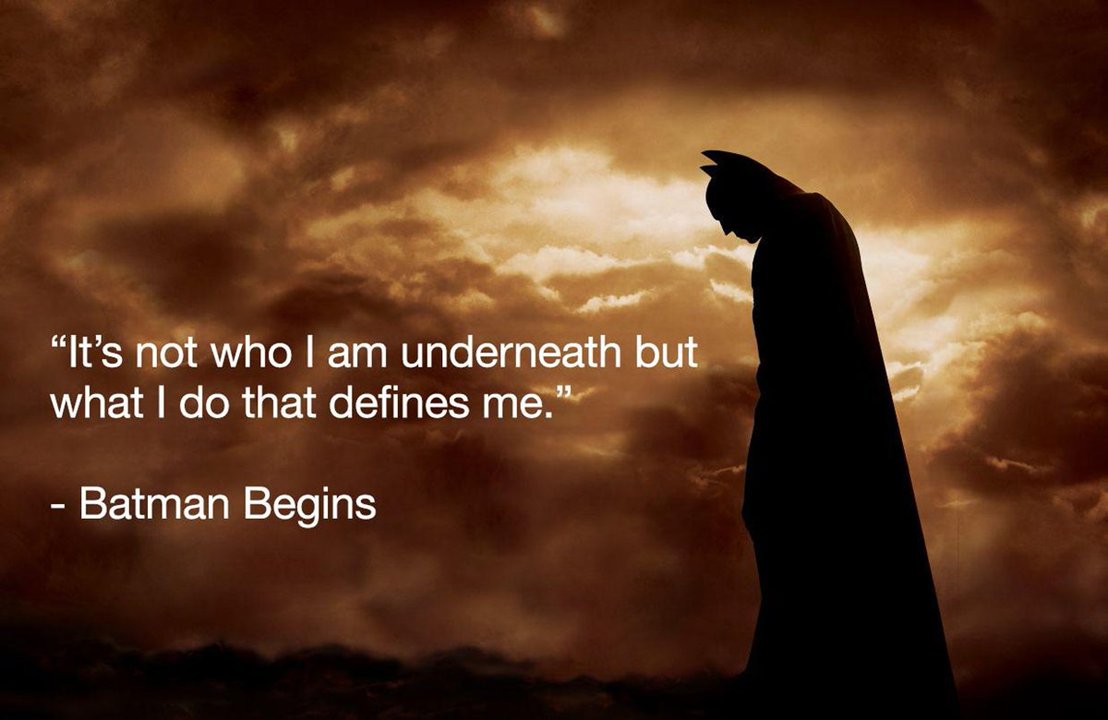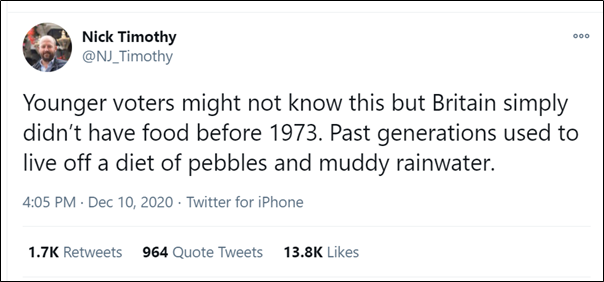
There are important differences between Trump and Johnson, but I'm wary of the idea that Johnson is "liberal" and Trump "authoritarian". I fear this overstates Johnson's "liberalism", and risks missing the warning lights that should now be flashing across British politics. THREAD
https://twitter.com/GoodwinMJ/status/1347311073565827073
2. It's true that Johnson has a "libertarian" streak: he dislikes rules, taxes, "red tape", "do-gooders" and the "nanny state". But so does Trump. Indeed, Trump goes much further on this, presenting masks, lockdowns, gun control, taxes & environmentalism as a danger to "freedom".
3. Johnson is not morally conservative, but nor is Trump. Neither much cares what people do in private, & neither sets much store by "conservative" moral norms on truth, fidelity or sexual continence. (Tories used to call this "licence", not "liberalism", but it's common to both)
4. Johnson might, personally, be more "liberal" on immigration than Trump, but he's been no less quick to weaponize the issue for political gain. The demand to "Take Back Control of our Borders" was as central to Johnson's victory in 2016 as "Build the Wall" was to Trump's. 

5. Johnson is not, like Trump, an instinctive protectionist. But he was happy to lead a nationalist insurgency against the UK's biggest free trade arrangement, and stoked support for a "no deal" Brexit that would have involved huge tariff increases. To quote an earlier leader... 

6. In their governing style, both Trump and Johnson embody a form of "democratic authoritarianism", that overrides constitutional constraints in the name of "the people". Both are intolerant of dissent, contemptuous of checks on their power, and hostile to competing institutions.
7. Like Trump, Johnson has overridden ethical constraints (the Ministerial Code, the Standards Commissioners, the Appointments Commission); burned out dissidents MPs; boycotted critical news outlets; & threatened to ignore legislation. More examples here.
https://twitter.com/redhistorian/status/1329931875591319553?s=20
8. Above all, Johnson has been persistently hostile to parliamentary institutions. When Parliament challenged his authority in 2019, he tried to shut it down. He has repeatedly denounced MPs, sidelining them from decision-making & legislating where possible by ministerial decree.
9. Trump was not the first to whip up a mob against elected representatives. In 2019, crowds shouted death threats outside Parliament, egged on by attacks on "enemies of the people" and "a dead Parliament" with "no moral right to sit". "We're enjoying this", an advisor commented. 

10. There are, of course, differences. Trump has an angrier, more dystopian temperament: it's hard to imagine Johnson giving the "American carnage" speech, without cracking a joke or promising it would be over by Christmas. One plays the class joker; the other the school bully.
11. It matters that they operate in different institutional cultures. Trump cannot prorogue Congress or control what it debates. Johnson cannot appoint judges, but can more easily legislate to constrain them. One operates within a written Constitution; the other does not.
12. The two were formed by different trainings: one, the mafia don businessman; the other the Bullingdon Club "pen for hire". One is heir to the robber barons, the other to the press lords. One plays a bumbling eccentric; the other, a rough, plain-spoken street-fighter.
13. But the similarities matter, if we are to learn from Trump's grim example. The storming of the Capitol was not an aberration: it was the logical end-point of an authoritarian populism that is on the march across the world, and that has seeded into our own politics, too.
14. Millions of Americans passionately believe that the election was rigged; that their democracy has been stolen by a treacherous elite and its client institutions. They believe that, because their President, leading Republicans and right-wing media have repeatedly told them so.
15. In Britain, as in America, populist politicians and newspapers have not hesitated to whip up popular fury against judges, MPs and journalists, whom they excoriate as "enemies of the people". 

16. Rejecting what Trump did means rejecting the politics that led to this: at home, as well as abroad. The Republican Party endorsed a 4-year assault on truth & liberal democracy for short-term electoral gain. The Right in Britain should reflect seriously on its example. [ENDS]
• • •
Missing some Tweet in this thread? You can try to
force a refresh



